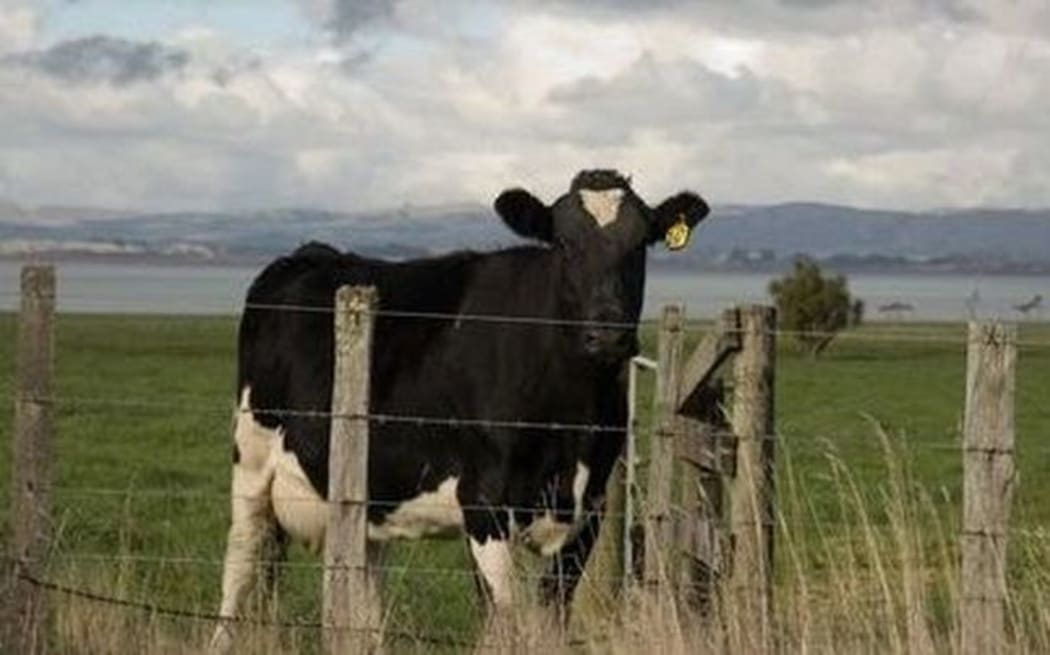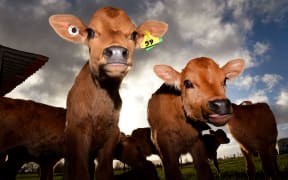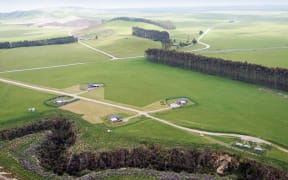The debate continues on whether there should be a moratorium on further dairy farm development.

Photo: 123rf
The Green Party and the Fish and Game organisation are keen on the concept, which they say should be given serious consideration while the impact of intensive farming on the environment is properly assessed.
The issue also came up at a water management forum in Geraldine, South Canterbury, last week.
One of the speakers, Morgan Foundation economist Geoff Simmons said if the Government was serious about water quality then it had to consider a moratorium on further dairy farm conversions.
"Actually, if you are maintaining or improving the water quality, how can you do that when you are still doing conversions?
"There has been an awful lot of progress that's been made on individual farms. That has been swamped by the sheer level of conversions that we've had, and increasing intensification. And that is why people have been talking about a moratorium or at least a conversation about those sorts of things."
He said until it was known how the impact of increased intensity in farming could be offset, dairy farm conversions probably needed to stop.
Agribusiness consultant and farmer Alison Dewes argued that less intensive farming was more resilient.
She also said it was time for the country to stand back and do a risk assessment on what it was doing with land use and water and the increasing economic reliance on dairying.
"We need to accept that just heading off in one direction, having a one-trick pony economy, might be quite risky for us.
"It was Darwin over 100 years ago, who said: it's not the strongest or most intelligent in a species that survives, but it's actually the ones that can adapt to change.
"Ironically, we are now adapting by passing our problems on to the next generation - the cost of clean-up and debt. Is that the right thing to do?"
She said farming growth must occur inside ecological limits.

Dr William Rolleston Photo: Supplied
Federated Farmers President William Rolleston argued the idea of imposing a moratorium on dairy farm conversions was too simplistic and other ways of reducing the environmental impact of farming needed to be considered first.
He said science and technology would play a part in that.
"[It] will help us in terms of effective riparian planting, putting in more effective cultivators to be drought resistant and reduce the amount of nitrogen that's flowing past the root zone and also to build a community and allow the community to have a discussion and allow communication.
"But we need to be open to a whole variety of approaches, be that organics, conventional or using biotechnology, like genetic modification."
Dr Rolleston pointed out that South Canterbury's Opuha Dam, which provided irrigation water as well as power, had also allowed the river flow to be topped up during the drought.
He said the proposed Hunter Downs irrigation scheme that would take water from the Waitaki River to irrigate farmland would also augment the flow into the Wainono Lagoon.



